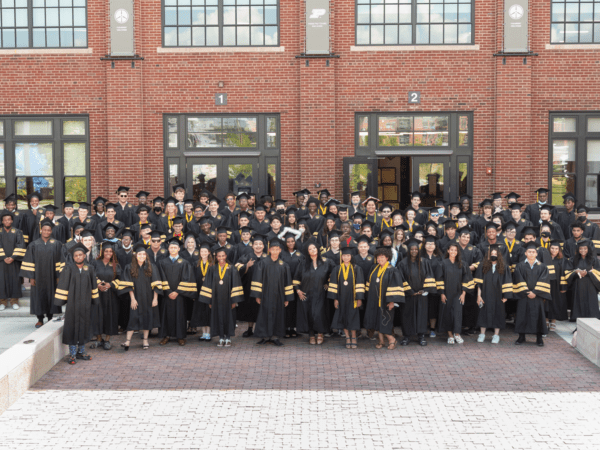Too few of Indianapolis’ Black and Latino students and students from low-income families enroll in and complete postsecondary education, which leaves them less prepared to succeed in our 21st century economy. Purdue University, in partnership with its College of Engineering, created Purdue Polytechnic High School (PPHS) to better prepare Black and Latino students and students from low-income families to succeed in Science, Technology, Engineering and Math (STEM) careers. The innovative high school model combines personalized learning with project-based curriculum – including industry-focused experiential learning – that help bring careers to life for students. The intense program is designed to be a stepping stone to college or a direct pathway to a high-tech career for students from all backgrounds.
In 2017, the Richard M. Fairbanks Foundation awarded $1,250,000 to support the launch of PPHS and help develop the back-office capacity needed to scale the model. PPHS has now expanded to three campuses. The early results from the schools have been promising, and the first graduating class of 113 students included 48 students that were accepted into Purdue University, half of whom identified as Black or Latino.



